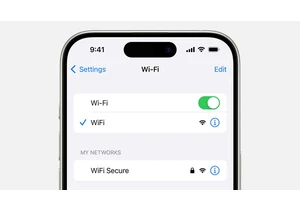One of the ultimate goals of medieval alchemy has been realized, but only for a fraction of a second. Scientists with the European Organization for Nuclear Research, better known as CERN, were able to convert lead into gold using the Large Hadron Collider (LHC), the world's most powerful particle accelerator. Unlike the examples of transmutation we see in pop culture, these experiments with the LHC involve smashing subatomic particles together at ridiculously high speeds to manipulate lead's physical properties to become gold.
The LHC is often used to smash lead ions together to create extremely hot and dense matter similar to what was observed in the universe following the Big Bang. While conducting this analysis, the CERN scientists took note of the near-misses that caused a lead nucleus to drop its neutrons or protons. Lead atoms only have three more protons than gold atoms, meaning that in certain cases the LHC causes the lead atoms to drop just enough protons to become a gold atom for a fraction of a second — before immediately fragmenting into a bunch of particles.
Alchemists back in the day may be astonished by this achievement, but the experiments conducted between 2015 and 2018 only produced about 29 picograms of gold, according to CERN. The organization added that the latest trials produced almost double that amount thanks to regular upgrades to the LHC, but the mass made is still trillions of times less than what's necessary for a piece of jewelry. Instead of trying to chase riches, the organization's scientists are more interested in studying the interaction that leads to this transmutation.
"It is impressive to see that our detectors can handle head-on collisions producing thousands of particles, while also being sensitive to collisions where only a few particles are produced at a time, enabling the study of electromagnetic 'nuclear transmutation' processes," Marco Van Leeuwen, spokesperson for the A Large Ion Collider Experiment project at the LHC, said in a statement.
This article originally appeared on Engadget at https://www.engadget.com/science/scientists-find-lead-really-can-be-turned-into-gold-with-help-from-the-large-hadron-collider-163431201.html?src=rss https://www.engadget.com/science/scientists-find-lead-really-can-be-turned-into-gold-with-help-from-the-large-hadron-collider-163431201.html?src=rssMelden Sie sich an, um einen Kommentar hinzuzufügen
Andere Beiträge in dieser Gruppe





Google’s Gemini AI has been getting upgrade after upgrade


Spoilers for “The Story and the Engine.”
Doctor Who lives and dies by the quality of its writing and acting far more than almost anything else on TV. Audie
